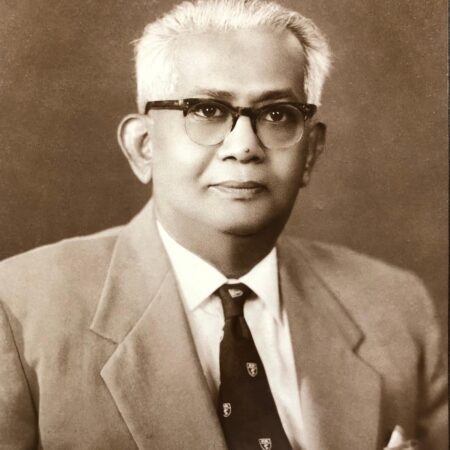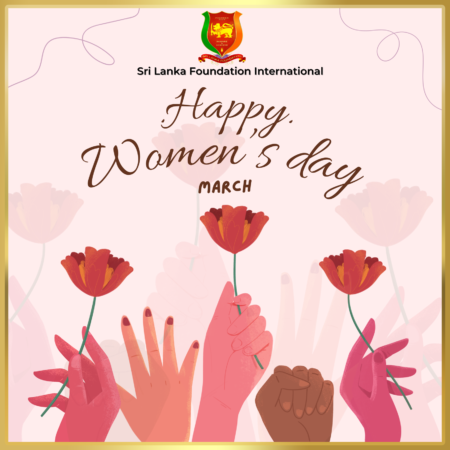Sri Lanka appealed on Wednesday for foreign aid to recover from massive floods that caused an estimated $2 billion worth of damage and claimed more than 100 lives.
Finance Minister Ravi Karunanayake said 35,000 homes were damaged in last week’s floods triggered by the heaviest rain for early 25 years, with the capital Colombo the hardest hit.
“We are looking at the maximum possible support,” the minister told reporters, adding, though, that he expected foreign countries would foot about 75 percent of total reconstruction costs.
He blamed rampant construction in low-lying parts of Colombo that had been designated as stormwater collection points, as reasons for the flooding which hit about one third of the city’s residents.
“The main cause is the filling of marshland and putting up of buildings,” the minister said.
Karunanayake said strict new building codes would be introduced from June 1 to prevent such land being reclaimed for construction in future.
He said he was hoping for foreign assistance mostly in the form of grants and loans, but also called for overseas expertise in urban planning to prevent such disasters.
Nations sent emergency aid last week at the height of the disaster, including giant neighbour India which dispatched two naval ships and an aircraft loaded with supplies.
Sri Lanka’s parliament has been recalled to meet later Wednesday, a week ahead of schedule, to discuss recovery from the floods that hit almost all the country’s districts.
The Disaster Management Centre (DMC) said 101 people were known to have died in various locations last week, while another 100 were still listed as missing in the central district of Kegalle.
Landslides ripped through two villages in Kegalle, 100 kilometres (60 miles) northeast of Colombo, with soldiers still searching for victims buried under tonnes of mud.
Sixty-six bodies have so far been recovered in Kegalle, according to the DMC.
Rain has eased since Cyclone Roanu moved away from Sri Lanka, hitting southern Bangladesh on Saturday and killing at least 24 people there, before weakening.











![TV-Poster-All-Exhibition-Sri-Lanka-in-Focus-USA-2025[1]](https://www.srilankafoundation.org/wp-content/uploads/2025/04/TV-Poster-All-Exhibition-Sri-Lanka-in-Focus-USA-20251-450x450.jpg)










